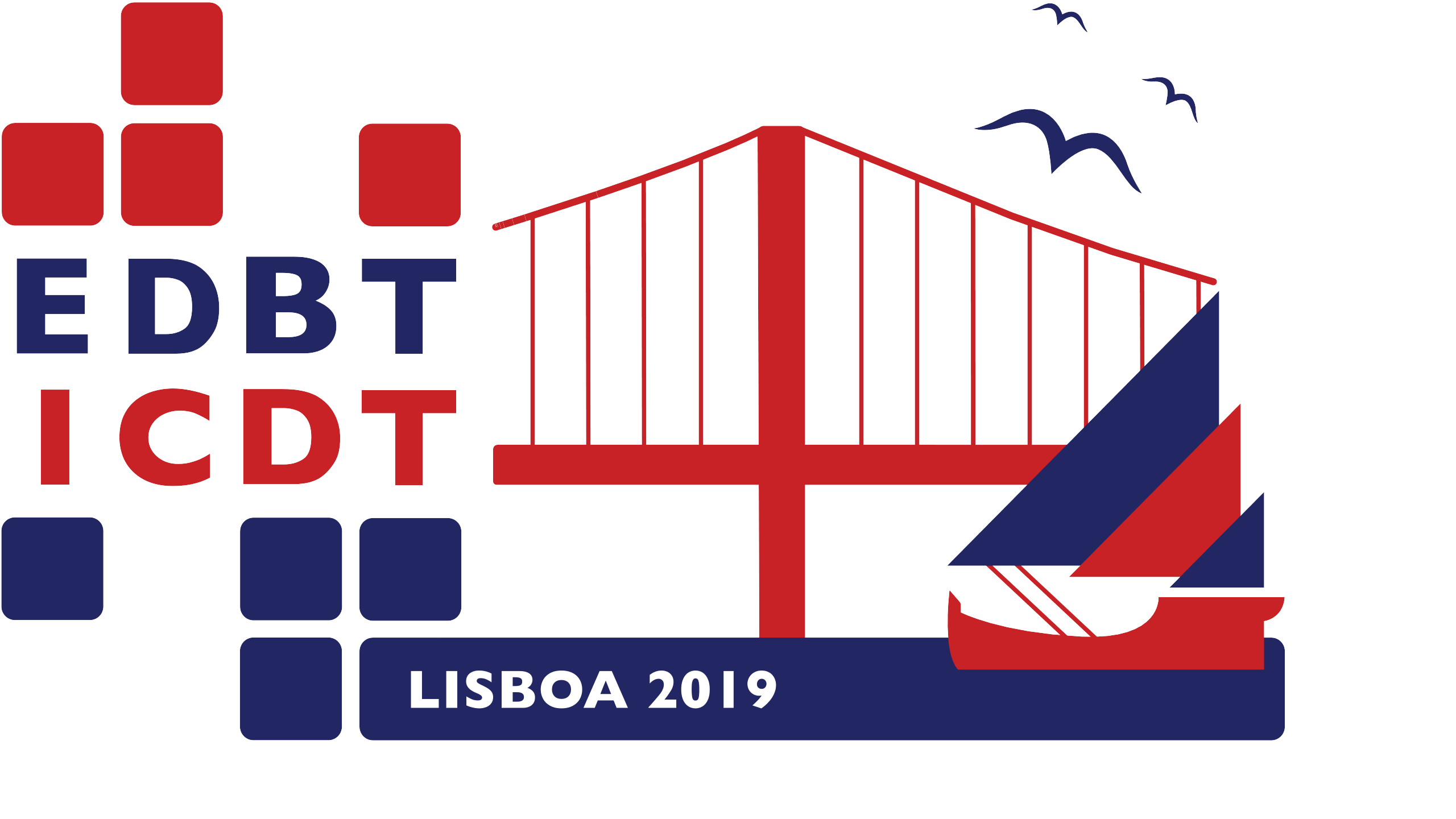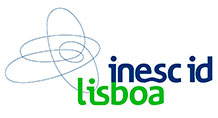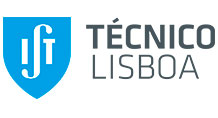General Information
- EDBT/ICDT 2019
- News
- Venue
- Registration
- Accommodation
- Social Events
- Event Photos
- Event Feedback
- Contacts
Program
- Program Overview
- Detailed Program
- Workshop Program
- Invited Keynotes
- Invited ICDT Tutorial
- EDBT/ICDT Awards
- Tutorials
- Research Challenges
- Guidelines for Presenters
- Workshops
- Accepted Papers
Co-located Events
Open Proceedings
Organization
Calls
Workshops
The following workshops are all co-located with the EDBT/ICDT 2019 conference in Lisbon, Portugal.
Refer to the websites of each workshop for the pertinent call for papers.
21st International Workshop On Design, Optimization, Languages and Analytical Processing of Big Data (DOLAP 2019)
Data Warehouse (DW), Online Analytical Processing (OLAP), and Business Intelligence (BI) technologies are the core of current Decision Support Systems. The widespread deployment of both DWs and OLAP technologies is due to the intuitive representation of data and simple primitives provided to data analysts or managers in support of management decisions. Research in data warehousing and OLAP has produced important technologies for the design, management, and application of information systems for decision support.
BI of the future will be significantly different than what the current state-of-the-practice supports. The trend is to move from the current decision support systems that are "data presenting" (i.e., descriptive analytics) to more dynamic systems that allow the semi-automation of the decision making process (i.e., predictive and prescriptive analytics). This means that the systems partially guide their users towards data discovery, intuition and system-aided decision making via intelligent techniques and visualization.
In the back stage, the thrust of the big data era, requires that new methods, models, techniques, or architecture are needed to cope with the increasing demand in capacity, data type diversity and responsiveness. At the same time, the mature relational data management systems will remain the core components of corporate DWs architectures, as recommended by Gartner to companies regarding BD adoption, "Build on existing BI programs - don't abandon or segregate them". We envision DOLAP 2019 as a venue where novel ideas around these new landscapes of business intelligence and big data are fostered and nurtured and new exiting results are produced, in an attempt to build a strong, vibrant community around these areas.
Twenty DOLAP workshops have been held in the past with great success. During these years, DOLAP has been established as one of the reference places for researchers to publish their work in the area of data warehousing, OLAP, and data analytics. DOLAP maintains a high quality of accepted papers. Like the previous DOLAP workshops, DOLAP 2019 aims at connecting the research community with industry practitioners to providea an international forum, where both researchers and practitioners can share their findings and experience in DW, OLAP, BI, and big data technologies.
Further information, such as Important Dates, can be found in the workshop's homepage.
BigVis 2019: 2nd International Workshop on Big Data Visual Exploration and Analytics
In the Big Data era, the growing availability of a variety of massive datasets presents challenges and opportunities to not only corporate data analysts but also others, such as research scientists, data journalists, policy makers, SMEs, and individual data enthusiasts datasets are typically: accessible in a raw format that are not being loaded or indexed in a database (e.g., plain text, json, rdf), dynamic, dirty and heterogeneous in nature. The level of difficulty in transforming a data-curious user into someone who can access and analyze that data is even more burdensome now for a great number of users with little or no support and expertise on the data processing part. The purpose of visual data exploration is to facilitate information perception and manipulation, knowledge extraction and inference by non-expert users. Interactive visualization, used in a variety of modern systems, provides users with intuitive means to interpret and explore the content of the data, identify interesting patterns, infer correlations and causalities, and supports sense-making activities that are not always possible with traditional data analysis techniques.
In the Big Data era, several challenges arise in the field of data visualization and analytics. First, the modern exploration and visualization systems should offer scalable data management techniques in order to efficiently handle billion objects datasets, limiting the system response in a few milliseconds. Besides, nowadays systems must address the challenge of on-the-fly scalable visualizations over large and dynamic sets of volatile raw data, offering efficient interactive exploration techniques, as well as mechanisms for information abstraction, sampling and summarization for addressing problems related to visual information overplotting. Further, they must encourage user comprehension offering customization capabilities to different user-defined exploration scenarios and preferences according to the analysis needs. Overall, the challenge is to enable users to gain value and insights out of the data as rapidly as possible, minimizing the role of IT-expert in the loop.
The BigVis workshop aims at addressing the above challenges and issues by providing a forum for researchers and practitioners to discuss exchange and disseminate their work. BigVis attempts to attract attention from the research areas of Data Management & Mining, Information Visualization and Human-Computer Interaction and highlight novel works that bridge together these communities.
Further information, such as Important Dates, can be found in the workshop's homepage.
DARLI-AP 2019: 3rd International Workshop on Data Analytics solutions for Real-LIfe APplications
DARLI-AP is a workshop aimed at promoting and sharing research and innovation on data analytics solutions/strategies for real-life and cutting-edge applications. The use of Information and Communication Technologies has made available a huge amount of heterogeneous data in various real application domains (e.g., smart cities, health care systems, financial applications, banking and insurance, Industry 4.0). A data scientist is required to tackle the no-trivial task of selecting the best techniques to effectively and efficiently deal with issues related to storage, search, sharing, modelling, analysis, and visualization of data, information, and knowledge. The complexity of the task increases with variable data distribution, data heterogeneity and data volume. Furthermore, a rich spectrum of knowledge can be extracted from real-data to characterize user behaviours, identify weaknesses and strengths, improve the quality of provided services or even devise new ones, thus increasing the benefits of the real-life applications.
The aim of the workshop is to allow academics and practitioners from various research areas to share their experiences on designing cutting-edge analytics solutions for real-life applications. Researchers are encouraged to submit their work-in-progress research activity describing innovative methodologies, algorithms, platforms addressing all facets of a data analytics process providing interesting and useful services.
Industrial implementations of data analytics applications, design and deployment experience reports on various issues raising data analytics projects are particularly welcome. We call for research and experience papers as well as demonstration proposals covering any aspect of data analytics solutions for real-life applications.
Further information, such as Important Dates, can be found in the workshop's homepage.
BMDA 2019: 2nd International Workshop on Big Mobility Data Analytics
Nowadays, we have the means to collect, store and process mobility data of an unprecedented quantity, quality and timeliness. This is mainly due to the wide spread of GPS-equipped devices, including new generation smartphones. As ubiquitous computing pervades our society, mobility represents a very useful source of information. Movement traces left behind, especially when combined with societal data, can aid transportation engineers, urban planners, and eco-scientists towards decision making in a wide spectrum of applications, such as traffic engineering and risk management. The objective of the BMDA workshop is to bring together researchers and practitioners interested in scalable data-intensive applications that manage and analyze big mobility data. The workshop will foster the exchange of new ideas on multidisciplinary real‐world problems, discussion on proposals about innovative solutions, and identify emerging opportunities for further research in the area of big mobility data analytics, covering all layers of the Big Data Value Analytics (BDVA) reference model, namely data management, data processing, data analytics, and data visualization and user interaction. BMDA intends to bridge the gap between researchers and big data stakeholders, including experts from critical domains, such as urban / maritime / aviation transportation, human complex networks, etc. Most importantly it aims to unveil real‐world problems and show off novel solutions in such domains that require innovative data analytics solutions.
Multiple fields of data analytics relate to the objectives of this workshop, including, but not limited to: Fundamentals of mobility data analytics; Big data platforms for mobility data analytics; Parallel / streaming data processing for mobility analytics; Predictive analytics using mobility data; Complex event detection for moving objects; Visual analytics on big mobility data; Mobility-as-a-Service; Interactive traffic analysis with GPS data; Urban / maritime / aviation traffic flow forecasting; Urban / maritime / aviation travel time prediction; Integration / interlinking of mobility with societal data; Geosocial networks; Philosophical / ethical / privacy issues on mobility data analytics.
Further information, such as Important Dates, can be found in the workshop's homepage.
DSI4: International Workshop on Data Science for Industry 4.0
Industrial enterprises currently address the challenge of transforming the ideas of the Internet of Things, Industry 4.0, Cyber-Physical Systems, and similar concepts into reality. A direct application of the IoT approach to the production chains in manufacturing companies is presently not feasible, as there are many more parameters, but much less available data compared to other big data application domains. Modern production is characterized by vast amounts of data. However, this data is neither easily accessible, interpretable, nor connected to gain knowledge. Digital twins are supposed to provide a digital representation of a production landscape, but the challenges in building, maintaining, optimizing, and evolving digital twins in inter-organizational production chains that cross several boundaries have not been addressed yet in a systematic manner.
In the workshop, we will discuss various data management challenges to be addressed in this context. Huge amounts of heterogeneous sensor data have to be processed in real-time in order to control the production machines. Unstructured data from production reports or external sources have also to be integrated to analyze and optimize the production process. Well established mathematical models for production engineering have to be integrated with data-driven machine learning for cross-domain knowledge generation. Data management and analysis operations have also to be linked to questions about value creation within and across enterprises.
Further information, such as Important Dates, can be found in the workshop's homepage.


